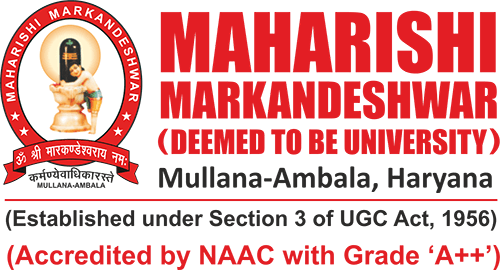The World Confederation for Physical Therapy (WCPT) stands as a steadfast advocate for the profession, emphasizing the importance of clearly defining the scope of practice and roles of physical therapists worldwide. This advocacy is crucial in ensuring that physical therapy services align with international standards while meeting the unique healthcare needs of individual nations. Physical therapy, as envisioned by WCPT, is a dynamic field dedicated to enhancing, sustaining, and restoring optimal movement and functionality across the lifespan. It acknowledges the intrinsic link between functional movement and overall health, addressing challenges stemming from aging, injury, pain, diseases, and environmental factors.
At its core, physical therapy embodies collaboration and engagement, involving physical therapists, patients, healthcare professionals, families, and communities in a collective effort to assess movement potential and establish meaningful goals. This collaborative approach leverages the distinctive expertise of physical therapists to improve quality of life and maximize movement potential, encompassing not only physical but also psychological, emotional, and social well-being.
The scope of physical therapy extends far beyond the confines of direct patient care. It encompasses a broad spectrum of activities, including public health initiatives, advocacy, supervision, leadership, management, education, research, and policy development. This multifaceted scope underscores the pivotal role of physical therapists in shaping healthcare systems and advancing public health agendas at local, national, and global levels.
Physical therapy services are delivered across diverse settings, reflecting its holistic approach to healthcare. These settings range from community-based programs and healthcare centers to homes, educational institutions, fitness facilities, hospices, hospitals, rehabilitation centers, workplaces, and digital platforms. This widespread availability ensures that physical therapy interventions can effectively address a myriad of healthcare needs, including prevention, promotion, treatment, and rehabilitation.
In addition, the demand for physiotherapists in the country is steadily enhancing. As the enlightenment of the significance of physical well-being and rehabilitation grows, there is a huge need for qualified professionals to address different health issues. This increasing demand ensures a stable job market for physiotherapy graduates, diminishing the risk of unemployment and ensuring long-term career stability.
Another significant aspect is the holistic approach of physiotherapy towards healthcare. Physiotherapists treat specific injuries or conditions and focus on overall wellness. This holistic perspective aligns with the shifting paradigm in healthcare towards preventive and patient-centered approaches. In the context of India, the landscape of physiotherapy presents a wealth of opportunities for aspiring healthcare professionals. With an increasing demand for skilled practitioners, a holistic healthcare approach, and a robust educational infrastructure, pursuing a physiotherapy course in India offers a promising pathway to making a tangible impact on individuals’ lives.
The curriculum for physiotherapy courses in India is designed to stay abreast of the latest advancements in the field. Emphasizing evidence-based practice, these programs equip students with the knowledge and skills needed to excel in their roles as future physical therapists. From anatomy and physiology to specialized therapeutic techniques, the curriculum covers a diverse range of subjects aimed at providing a comprehensive understanding of physical therapy principles and practices. There are various specializations in physiotherapy like neurological, cardio-pulmonary, sports, musculoskeletal, pediatrics and community physiotherapy to chose from.
Eligibility criteria for physiotherapy courses vary depending on the level of the course. Generally, students are required to have completed the 12th grade in the medical stream with Physics, Chemistry, and Biology as core subjects. Admission to these programs is often based on merit, with some institutions also considering scores from entrance exams such as KCET, GPAT, CUET, NEET, among others.
The average course fees for physiotherapy programs in India typically range around 6 lakh INR. While this investment may seem substantial, it pales in comparison to the potential rewards awaiting graduates in terms of career opportunities and earning potential. Upon completing their education, physiotherapy graduates can expect to earn an average annual salary ranging from 3 to 8 lakh INR, depending on various factors such as experience, specialization, and geographic location.
Accepted school boards for physiotherapy courses in India include CBSE, Punjab, ICSE, and other recognized boards. This diversity ensures that students from different educational backgrounds have the opportunity to pursue their passion for physiotherapy and contribute to the health and well-being of individuals across the nation. With its promising prospects and profound impact on society, physiotherapy stands as a compelling choice for those seeking a fulfilling career in healthcare.


